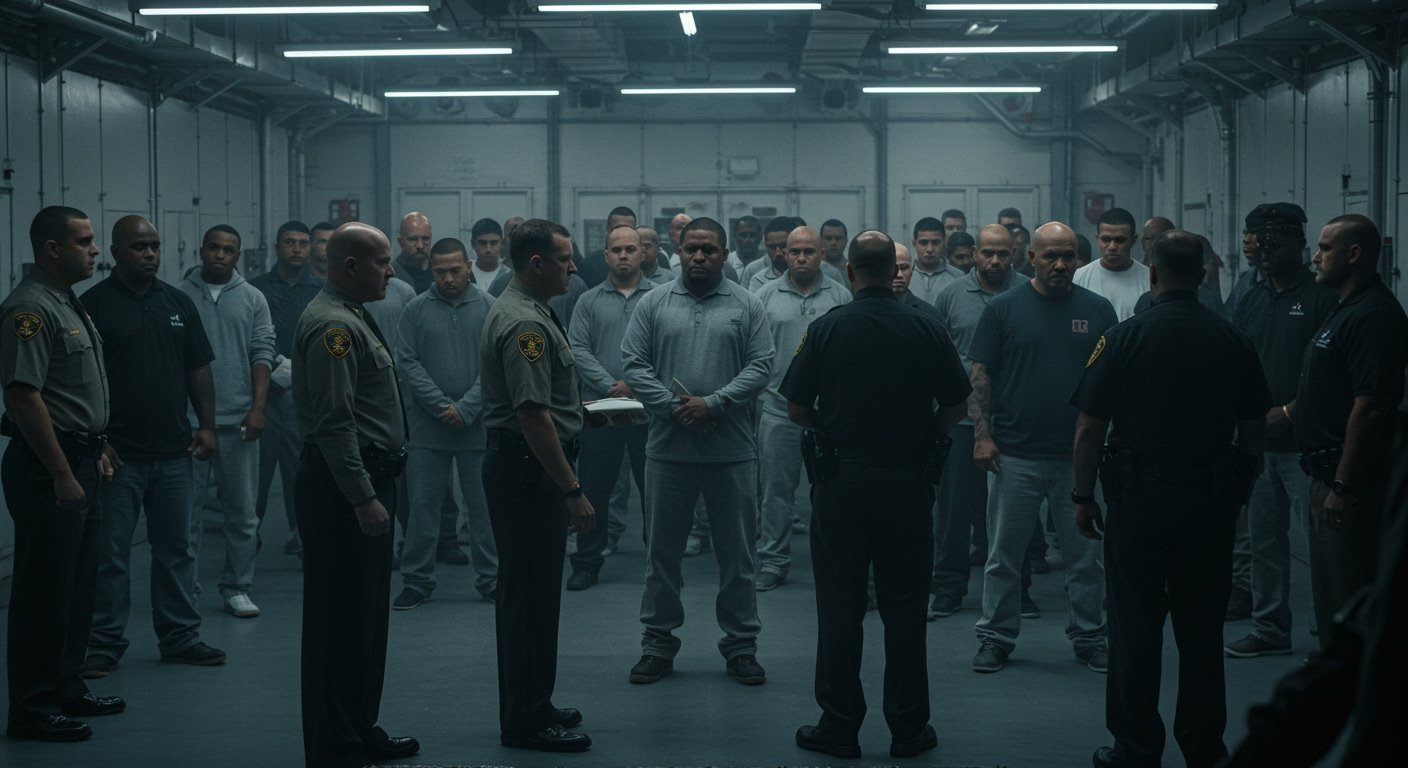Two Florida county court judges are stepping onto a national stage to address a critical issue plaguing the American justice system: the escalating threats against judges and court personnel. Miami-Dade County Judge Carroll J. Kelly and Dixie County Judge Jennifer J. Johnson are slated to participate in the “Unprotected and Under Fire: State Judges at Risk as Congress Weighs Action” forum, hosted by the non-partisan advocacy group “Speak up for Justice.” This event underscores a nationwide concern about the safety and independence of the judiciary.
Escalating Threats Against Judges
The participation of Florida judges in this national dialogue comes at a time when threats against those who administer justice have reached alarming levels. Data from the U.S. Marshals Service indicates a substantial surge in threats against federal judges, with investigations into “credible threats” more than doubling since 2019. In fiscal year 2023, the Marshals Service logged 457 threats against federal judges, a significant increase from previous years. These threats are not confined to federal courts; state and local judges are also reporting a dramatic rise in harassment, intimidation, and violence, impacting their mental health and the broader functioning of the courts.
Incidents range from online harassment and doxing – the malicious publication of personal information online – to “swatting” incidents, where false emergencies are reported to lure law enforcement to a judge’s home, and even direct death threats. The availability of judges’ personal information, such as home addresses and phone numbers, on the internet has made them increasingly vulnerable to targeted attacks.
The Role of Political Rhetoric and Public Trust
Experts and judges themselves point to highly polarized political environments and intense public discourse as significant drivers of this alarming trend. When judges’ decisions, particularly those in politically charged cases, are met with vitriolic rhetoric from public figures and amplified on social media, it can foster a climate that normalizes attacks on the judiciary. This erosion of respect for judicial independence and the rule of law is a grave concern for the health of American democracy.
The “Speak up for Justice” forum aims to counter this by fostering non-partisan dialogue to support the justice system. Previous forums have featured judges sharing harrowing experiences, including Chief U.S. District Judge John McConnell, who received hundreds of threatening voicemails after ruling against a White House budget-cutting proposal, necessitating 24-hour security. The tragic murder of the son of U.S. District Judge Esther Salas in 2020, by a disgruntled litigant, serves as a stark reminder of the real-world consequences of these threats.
National and Florida-Specific Efforts
In response to the escalating crisis, various initiatives are underway. The American Bar Association’s Judicial Security Committee works to equip judges with tools to identify and avoid threats. Federally, legislation such as the “Countering Threats and Attacks on Our Judges Act” has been introduced to establish a national resource center to provide technical assistance and threat monitoring for state and local judges, who currently lack such dedicated support.
Florida itself is not standing idly by. The Florida Supreme Court recently established a Workgroup on Judicial Security to compile data on security incidents, identify best practices, and make recommendations for improving security measures statewide. This move reflects a recognition that while federal efforts are crucial, state-level actions are also vital to safeguarding judges and court staff. The state has also seen legislative amendments to enhance penalties for threatening public officials, including judges.
Protecting the Pillars of Justice
The threats facing the judiciary extend beyond the personal safety of judges and their families; they strike at the heart of the American system of justice and the public’s trust in it. When judges feel unsafe or are subjected to relentless intimidation, their ability to impartially administer justice can be compromised. The organized forums, legislative actions, and dedicated workgroups represent a crucial, albeit late, acknowledgment of the severe risks to judicial officers. As Florida judges join this national conversation, the focus remains on ensuring that the pursuit of justice can proceed without fear, safeguarding the integrity of the courts for all Americans.
Efforts to combat this crisis are multifaceted, involving security enhancements, public education campaigns to demystify the courts and judicial independence, and advocacy for legislative protections. The ultimate goal is to ensure that every individual involved in the administration of justice can perform their duties without fear for their safety or that of their loved ones, thereby upholding the foundational principles of fairness and rule of law in the American legal landscape.










